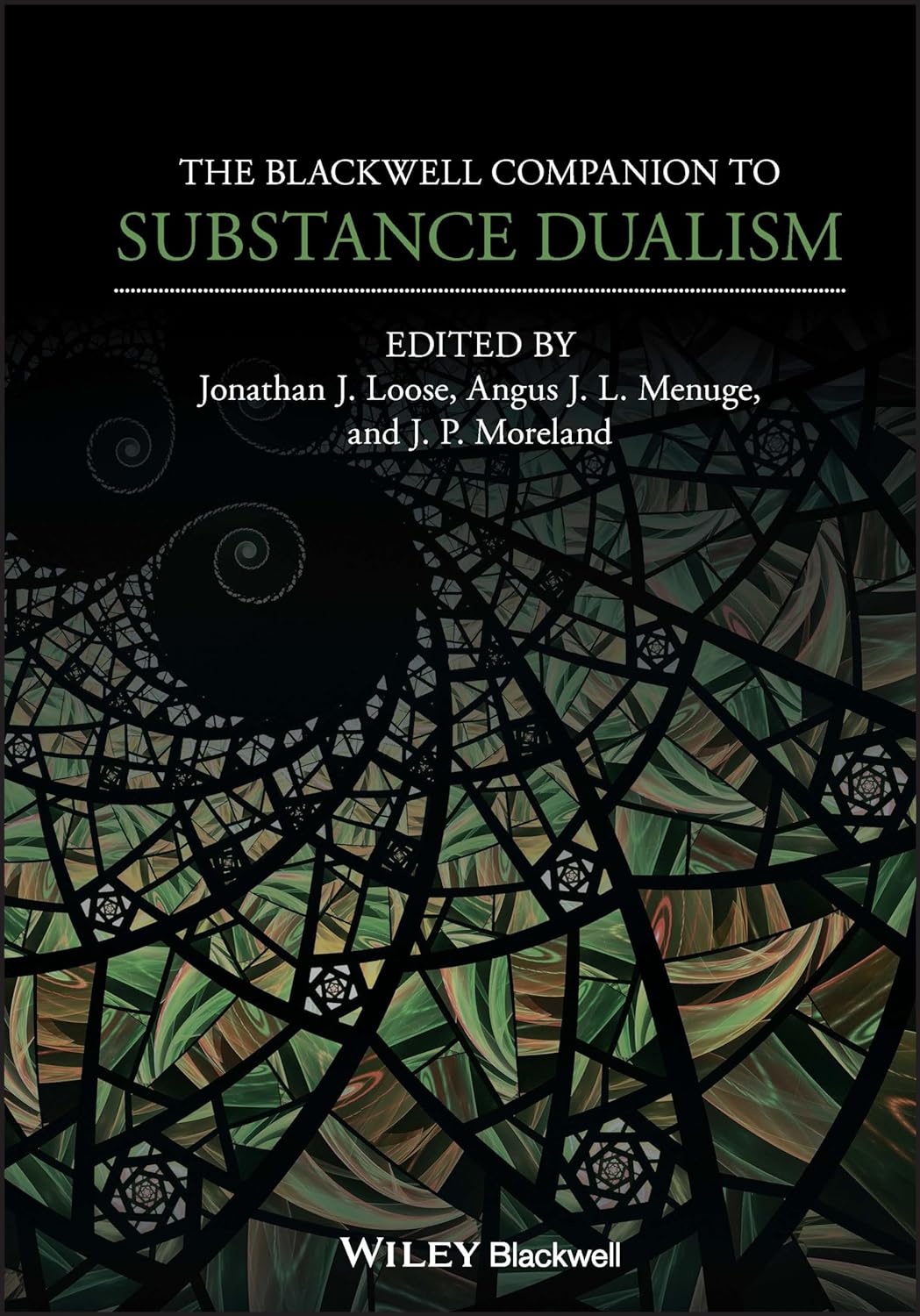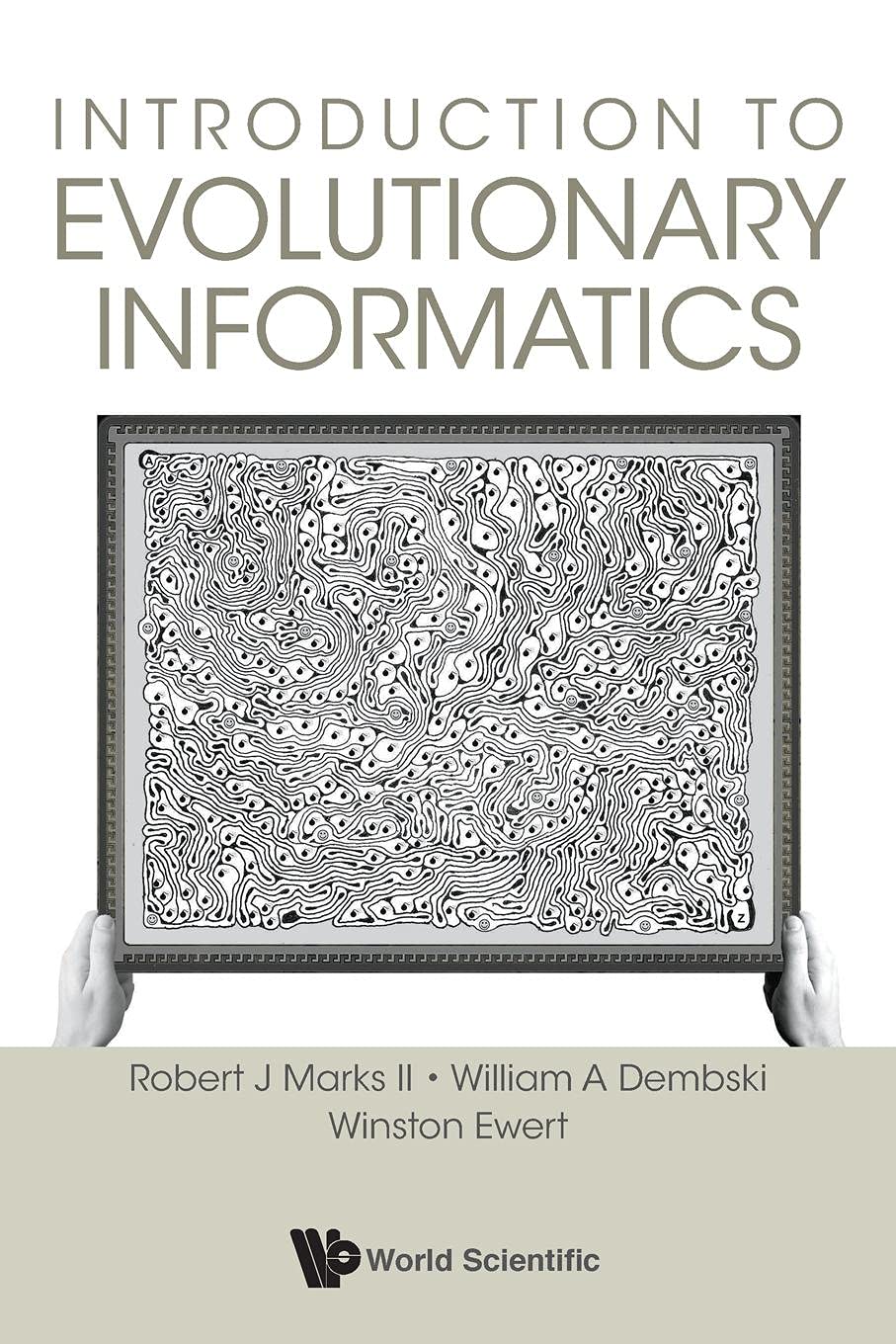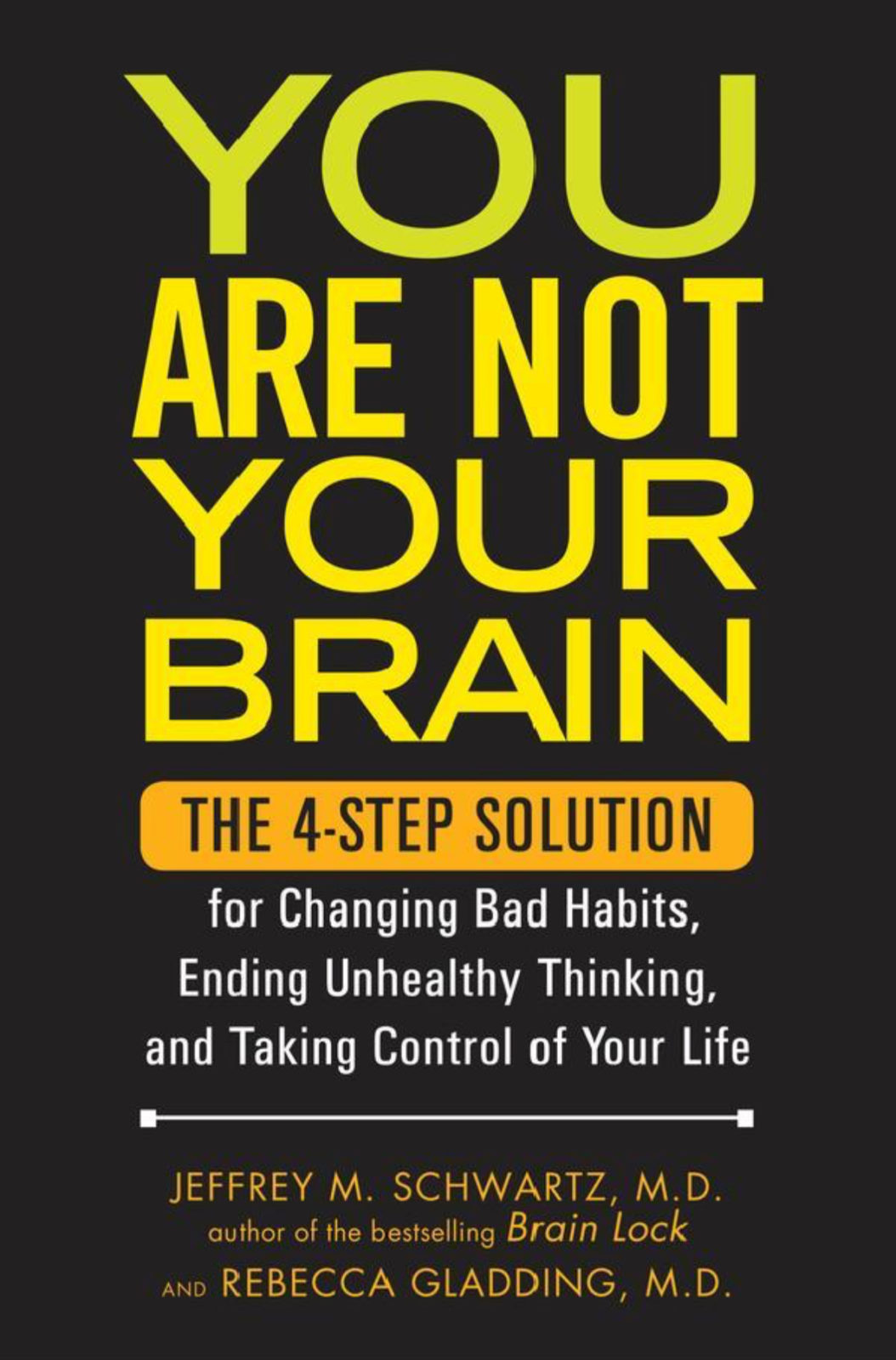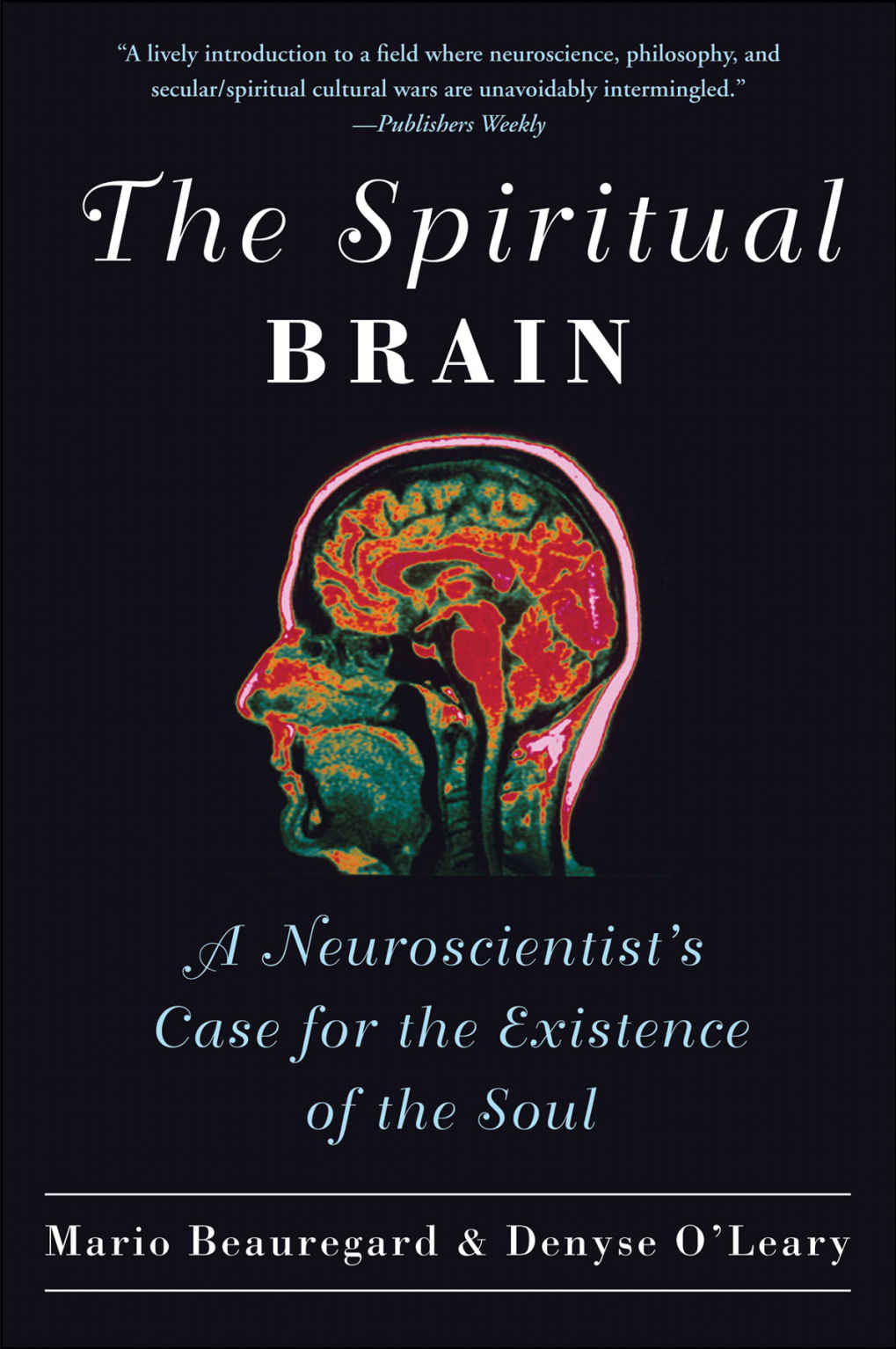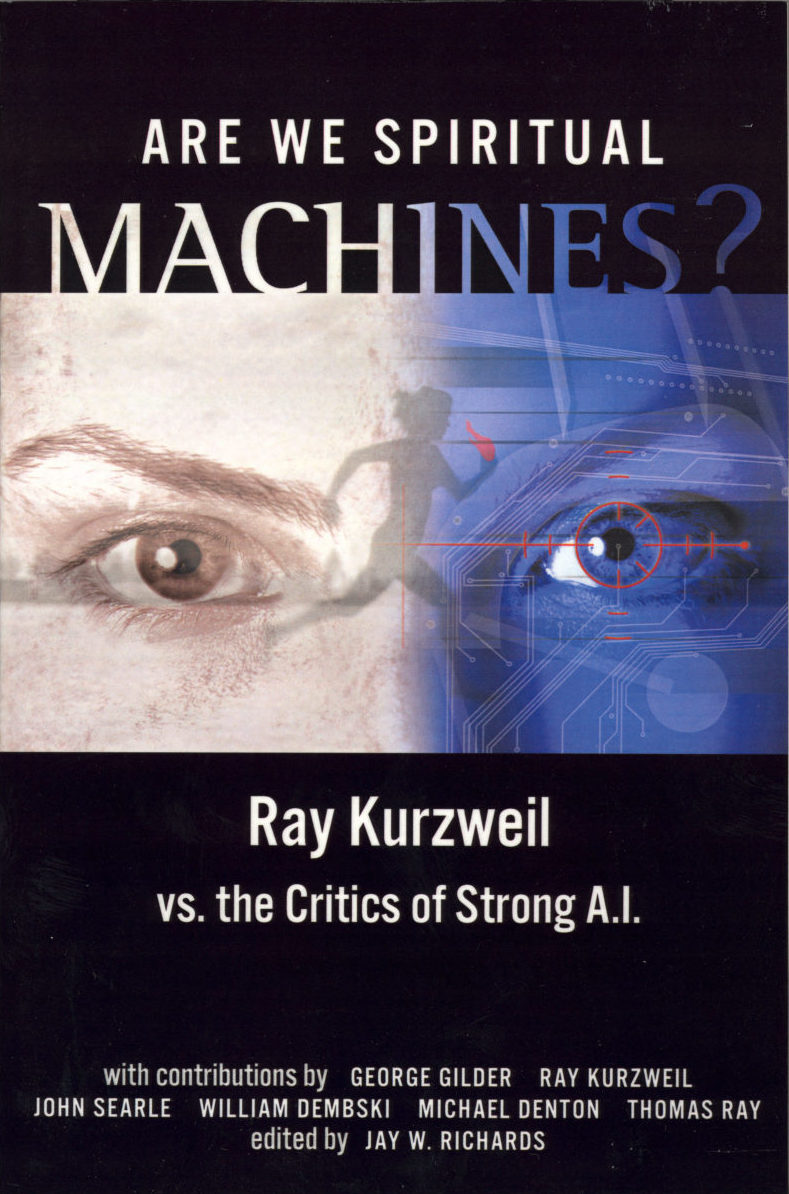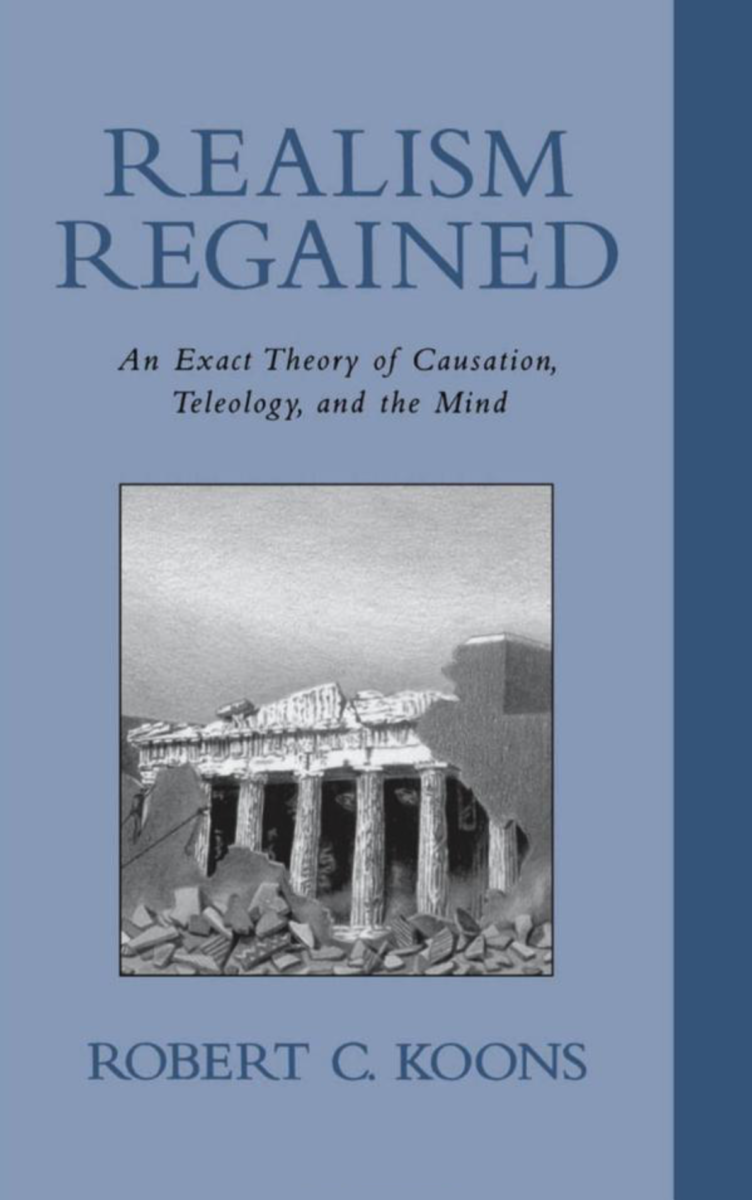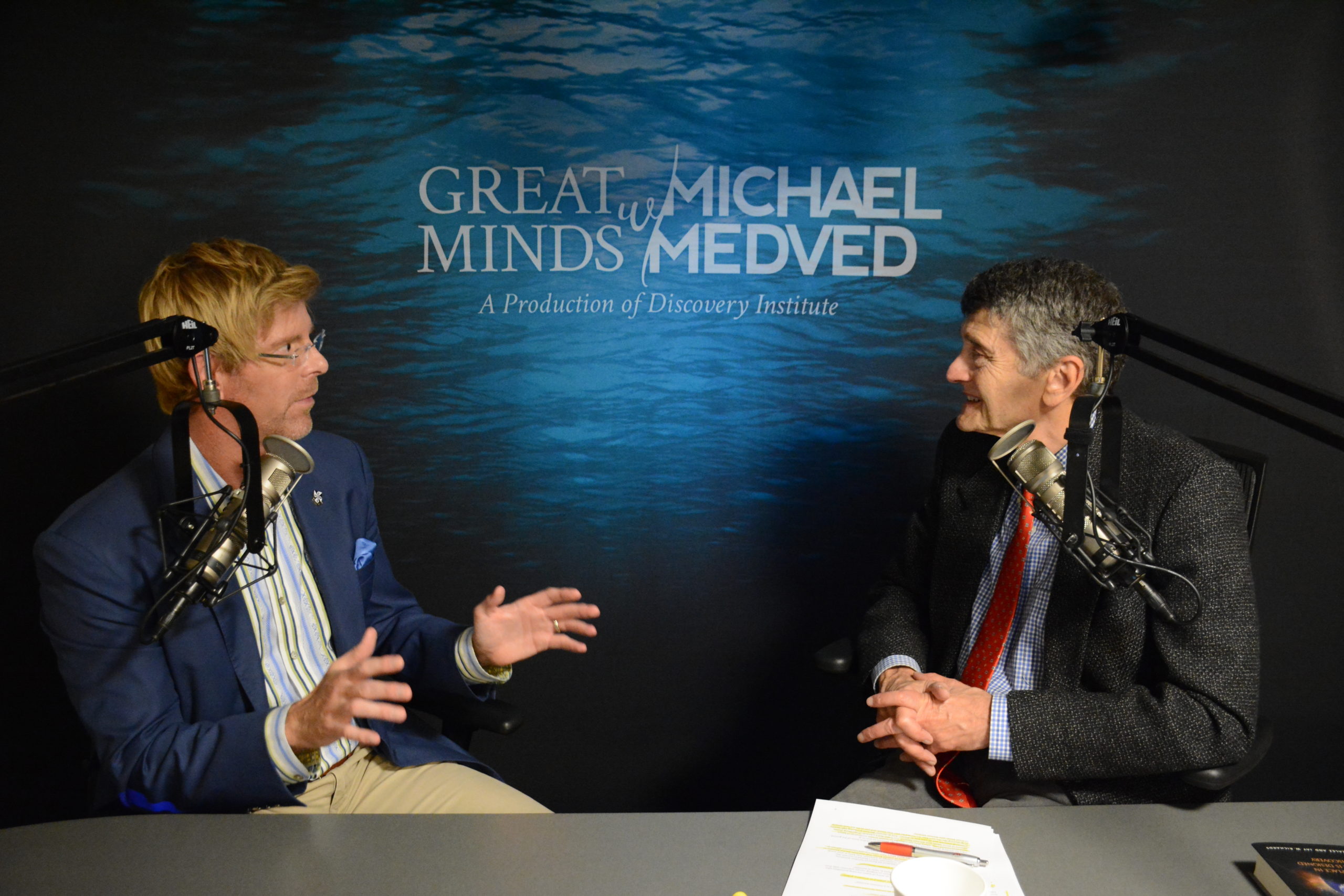
Human Computers and Robot Sex
There are some definite “Stop the world, I want to get off” moments in the new Great Minds with Michael Medved podcast from Discovery Institute. Michael talks with economist Jay Richards about the future of “smart machines,” including sex robots. Dr. Richards, author of the new book The Human Advantage: The Future of American Work in an Age of Smart Read More ›

